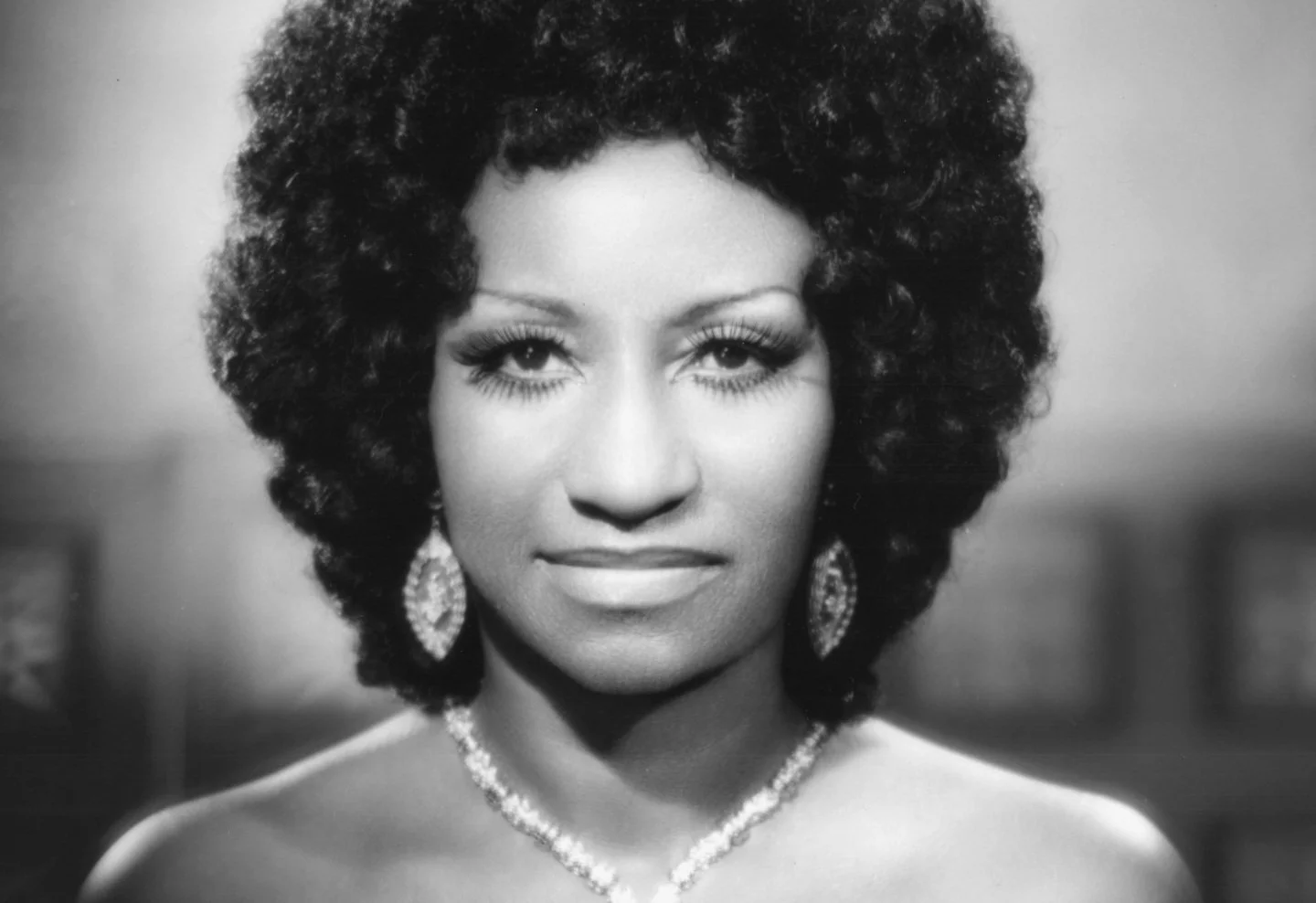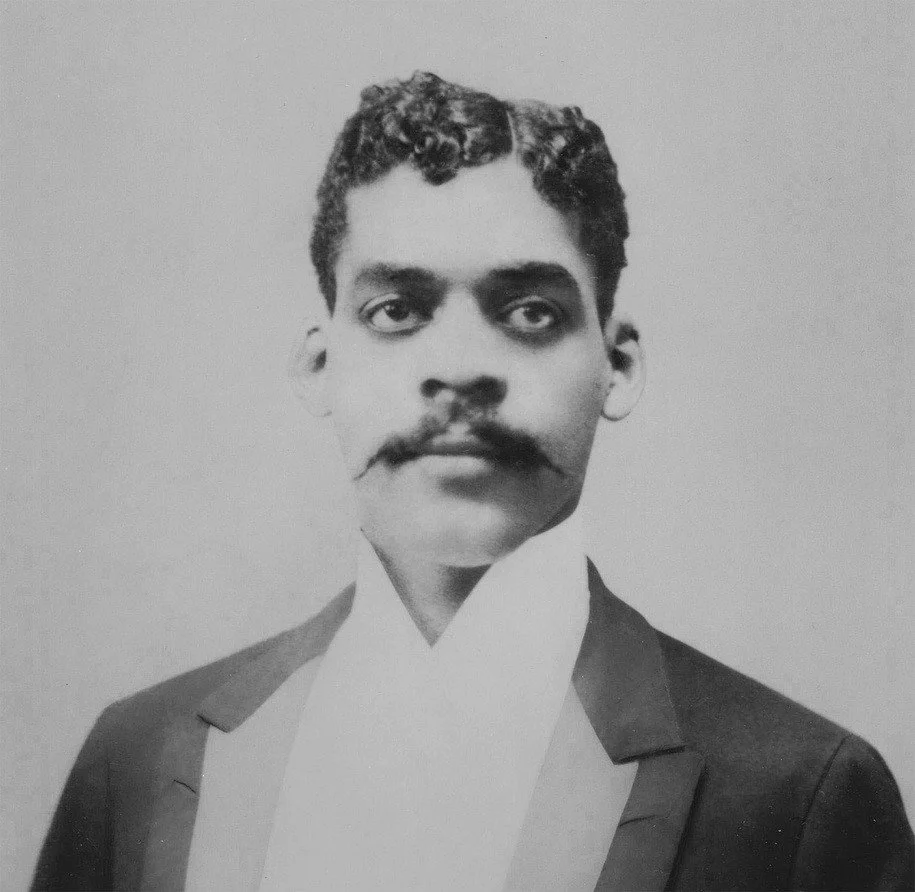We are a 501(c)(3) nonprofit organization committed to uplifting and celebrating Afro-Latino voices—a testament to the power of grassroots action and the resilience of community-driven vision.
LATEST EVENTS
NOTABLE AFRO-LATINOS
Discover the history and contributions of notable Afro-Latinos like Celia Cruz, Manny Mota, Toña la Negra, and many more.
Our educational resources highlight the impact of Afro-Latinx figures in music, sports, and culture, providing valuable insights for students, educators, and history enthusiasts.






